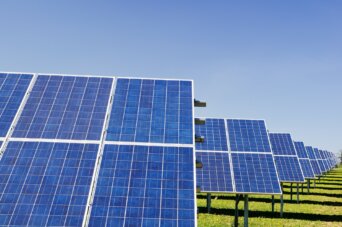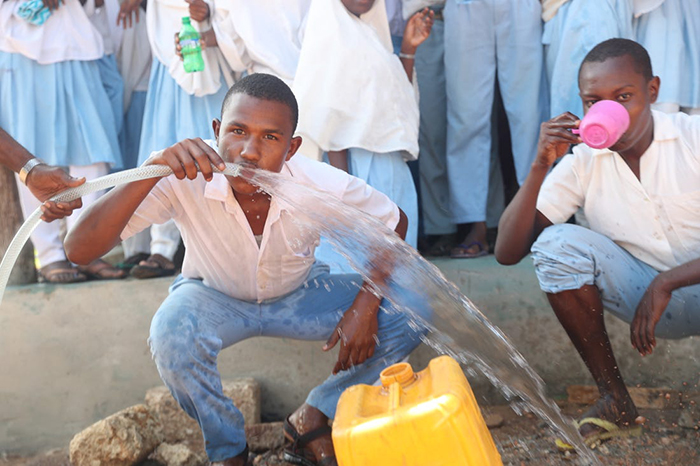- About
- Topics
- Picks
- Audio
- Story
- In-Depth
- Opinion
- News
- Donate
- Signup for our newsletterOur Editors' Best Picks.Send
Read, Debate: Engage.
| topic: | Renewables |
|---|---|
| located: | Bosnia and Herzegovina |
| editor: | Katarina Panić |
Last week, the authorities in Bosnia and Herzegovina called on citizens to apply for solar panels financed by one of the state-owned electricity companies. While in other countries, this would be seemingly ordinary news, in Bosnia this carries much more weight: for the first time, the highest authorities have addressed the public regarding sustainability of household energy use.
This is additionally remarkable considering the general election is approaching on 2 October, while in previous campaign cycles it was extremely rare for any political party to propose renewable energies. Until now, switching to renewable energy sources was up to citizens and banks, which have been providing loans for financing small solar-energy plants on residential and commercial buildings. These credits for decarbonisation with solar energy have usually been financed by international organisations, not by local politicians or institutions in the Balkan region.
“The project is of exceptional national importance for the Republic of Srpska [one of the three administrative units in the country] and for our citizens because we are strengthening our energy independence in the long term and providing the cheapest electricity for households and businesses,” said Milorad Dodik, a member of the tripartite Presidency of Bosnia and leader of the long-ruling Alliance of Independent Social Democrats, SNSD.
Moreover, the initiative comes amid discussion on whether or not to rely on Russian gas. One part of the country is supplied by Turkish Stream, while another currently has no pipelines and intends to build a gas plant in cooperation with Russia. This call for solar energy is therefore the first hint of replacing the ageing lignite-fired infrastructure with more green and sustainable practices, moving towards an energy transition rather than dependence on fossil fuels.
However, legislation changes slowly. Part of the country recently adopted a law that recognises energy prosumerism, by which the consumer can also be the producer; but the legislation was incomplete and left the by-laws to be established throughout the rest of the year, while in another part of the country the law is still not even on the table. Some political parties insist on speeding up the procedure while the energy lobby tries hard to keep the current status.
“The authorities still don’t understand the concept of increased involvement of customers in the production process in terms of security of supply and reducing the costs. They are not ready for an energy transition,” economist Damir Miljević told local media.
Photo by Zbynek Burival

